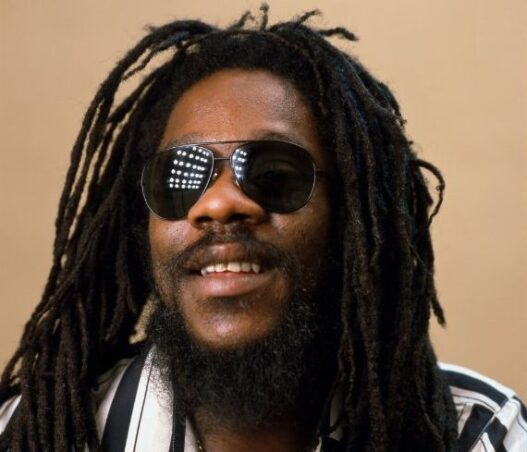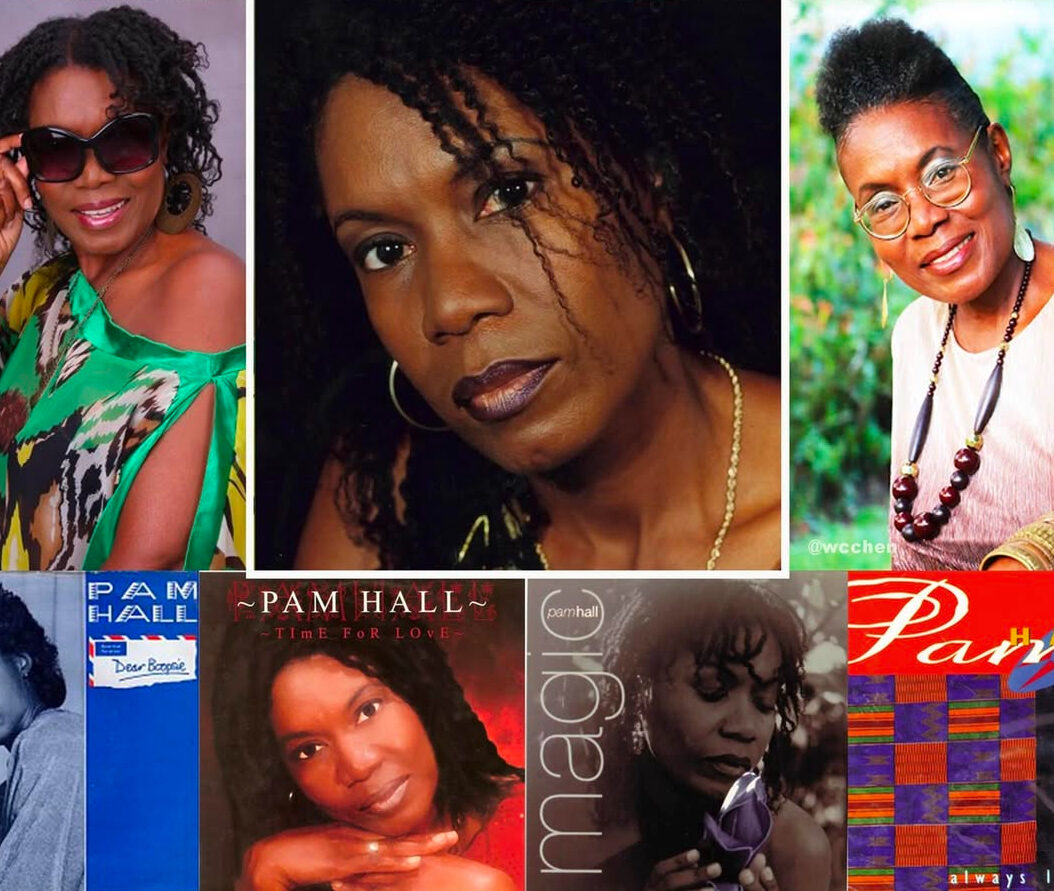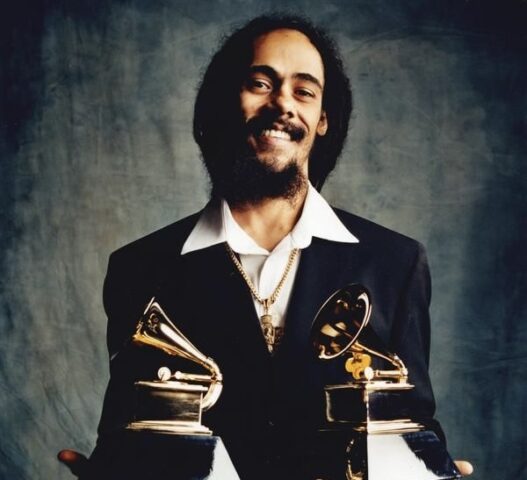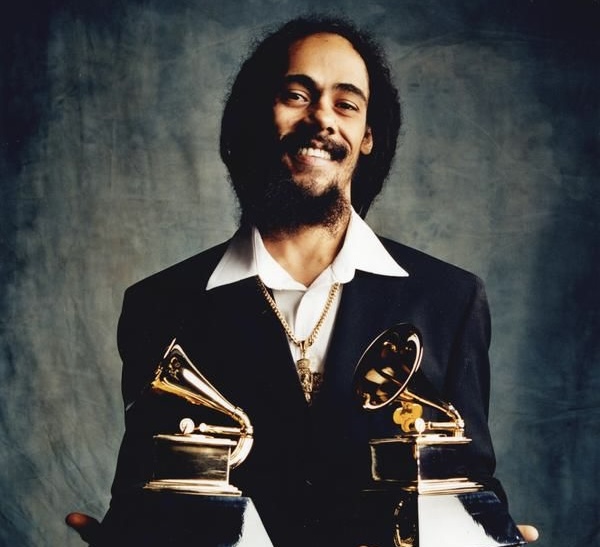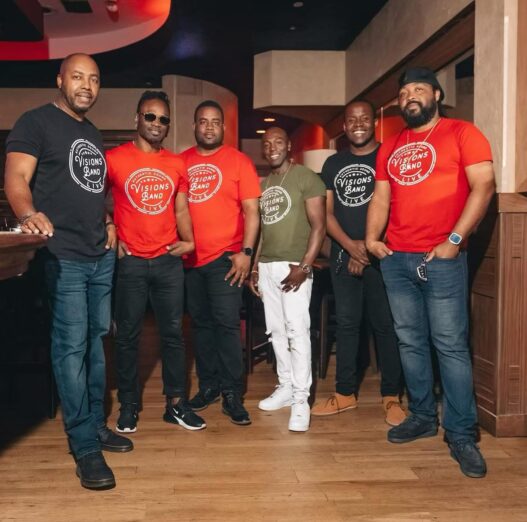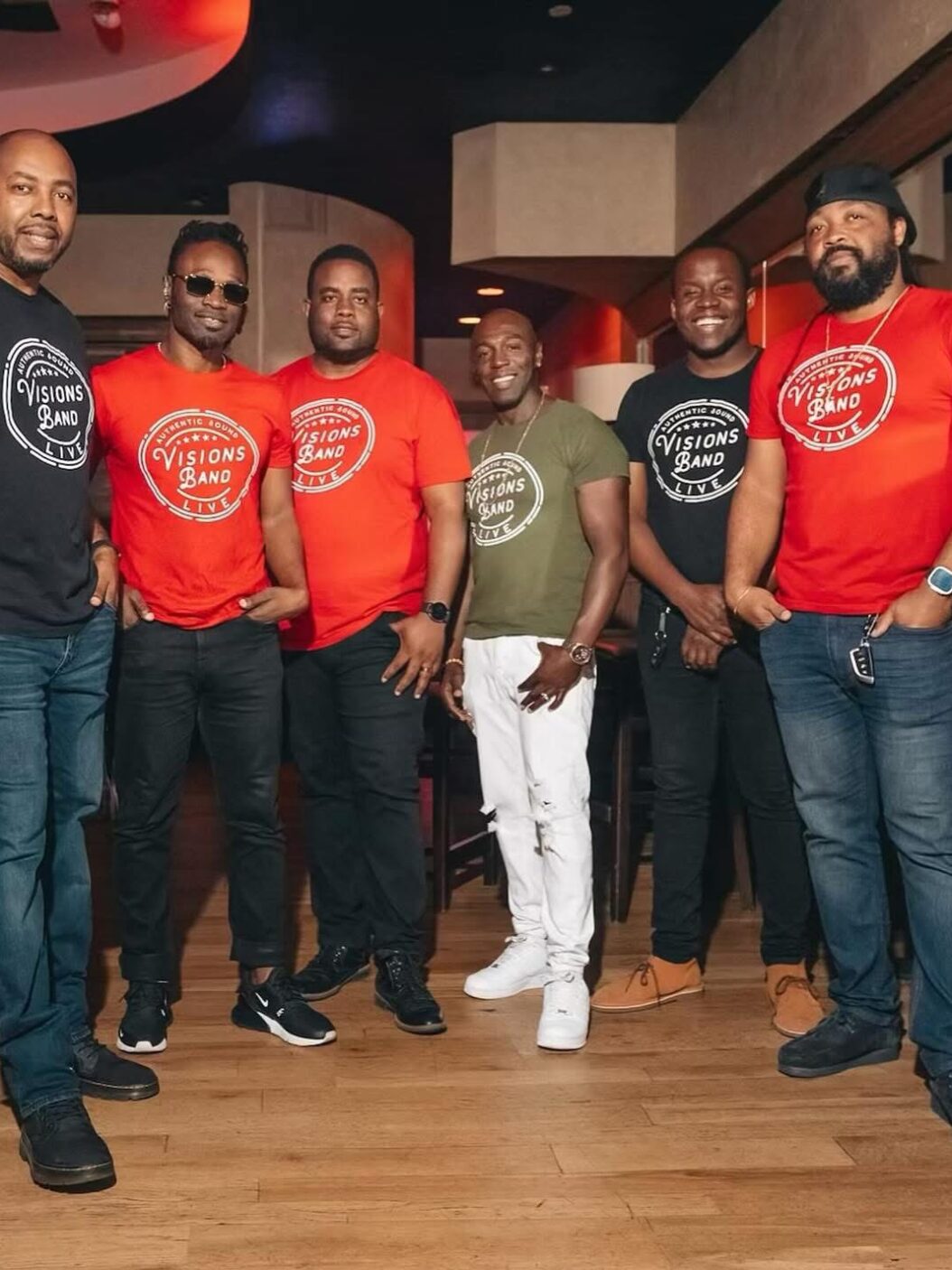Early Life and Musical Beginnings
Dennis Emmanuel Brown was born on February 1, 1957, in Victoria Jubilee Hospital, Kingston, Jamaica. Growing up in a bustling tenement yard, he was immersed in a culturally rich environment that nurtured his artistic inclinations. His father, Arthur Brown, was a scriptwriter and actor, providing a creative backdrop for young Dennis. Despite the early loss of his mother, Brown’s passion for music blossomed at a young age. By the age of nine, he had already begun performing publicly, showcasing his talents at school concerts and local events.
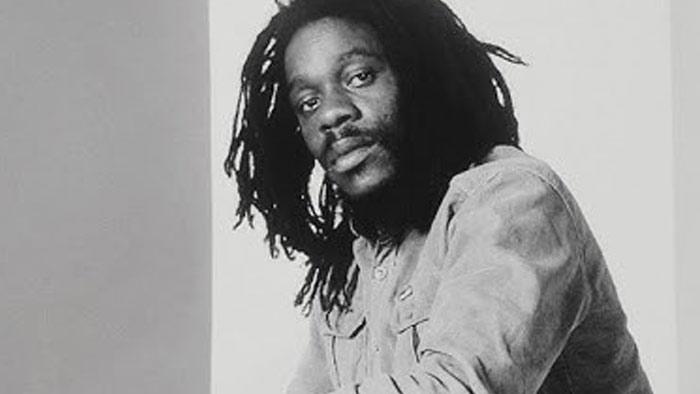
Influenced by American music legends like Sam Cooke and Nat King Cole, Brown’s style began to take shape. He frequented JJ’s record store during the rocksteady era, where he would often entertain neighbors and friends with impromptu performances. His professional debut came at eleven years old at a local nightclub, which solidified his path in the music industry.
Rise to Prominence
Brown’s first recording, “No Man is an Island,” was released at the tender age of twelve through Clement “Coxsone” Dodd’s Studio One label. This marked the start of a prolific career that would see him record over 75 albums. His unique vocal style and emotive performances quickly earned him a reputation, particularly within the lovers rock subgenre of reggae.
In 1972, Brown’s career took an international turn with his collaboration with producer Joe Gibbs. The release of “Money in My Pocket” resonated with audiences in the UK, and he was soon recognized as one of Jamaica’s top talents. His performances garnered acclaim, and he was often referred to as the “Boy Wonder of Jamaica,” a title that reflected his youthful charm and vocal prowess.
Major Hits and Albums
Throughout the 1970s, Dennis Brown released a string of hits, including “Cassandra,” “Westbound Train,” and “Love Jah.” His work during this period not only solidified his status as a leading reggae artist but also echoed his Rastafarian beliefs. Albums such as “Visions of Dennis Brown” blended themes of love and spirituality, showcasing his growth from a child star to a mature artist.
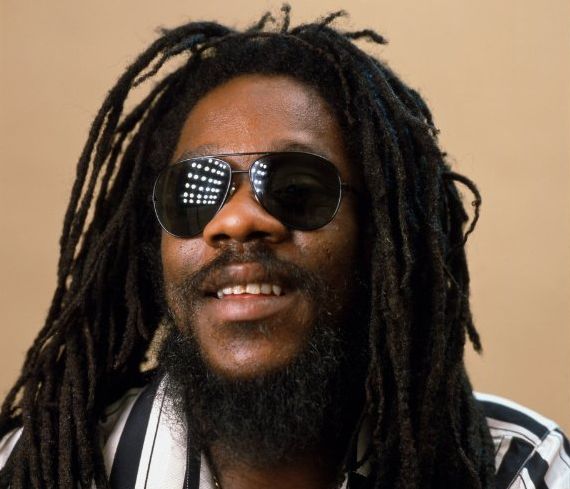
Despite facing health challenges in the mid-1970s, Brown returned stronger than ever, touring extensively and producing timeless music. His ability to connect with audiences through heartfelt lyrics and melodies made him a beloved figure in reggae.
Legacy and Influence
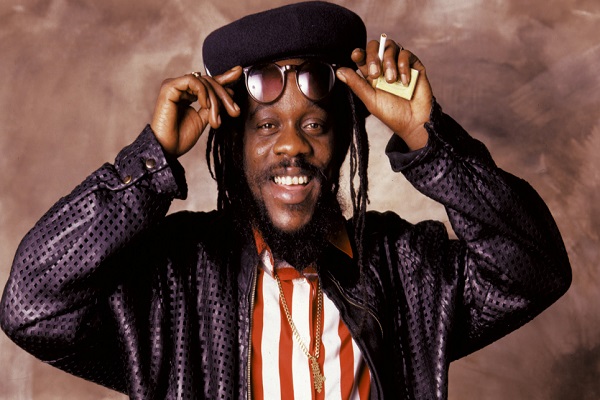
Dennis Brown’s contributions to reggae music are immense. Often hailed as “The Crown Prince of Reggae,” his influence extends beyond his own recordings. Artists across generations have cited him as a significant inspiration, attributing their musical styles to his innovative approach. Bob Marley himself acknowledged Brown’s impact, highlighting his exceptional talent.
The 1980s saw Brown continue to release music and explore new creative avenues. His dedication to his craft and his ability to adapt to changing musical landscapes ensured his relevance in the industry, even as the genre evolved.
Frequently Asked Questions
What is Dennis Brown known for?
Dennis Brown is known for being one of the most influential reggae artists, particularly in the lovers rock subgenre. He recorded over 75 albums and is often referred to as “The Crown Prince of Reggae.”
When did Dennis Brown start his music career?
Brown began his music career at the age of nine, performing at school concerts and local events, and made his professional debut at eleven.
What are some of Dennis Brown’s most famous songs?
Some of his most famous songs include “Money in My Pocket,” “Cassandra,” “Westbound Train,” and “Love Jah.”
How did Dennis Brown influence reggae music?
Dennis Brown’s unique vocal style, emotive performances, and extensive catalog have influenced countless artists, making him a key figure in the evolution of reggae music.
For more insights into the life and music of Dennis Brown, visit www.purejamaicamedia.com. His legacy continues to inspire and resonate with reggae lovers worldwide.










